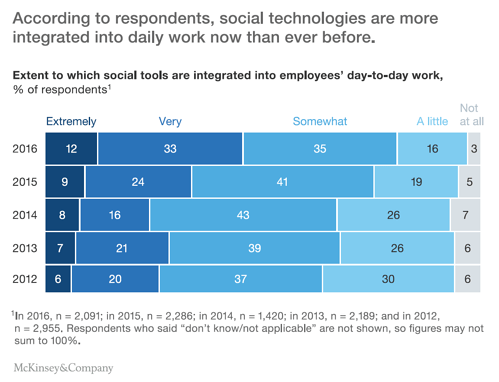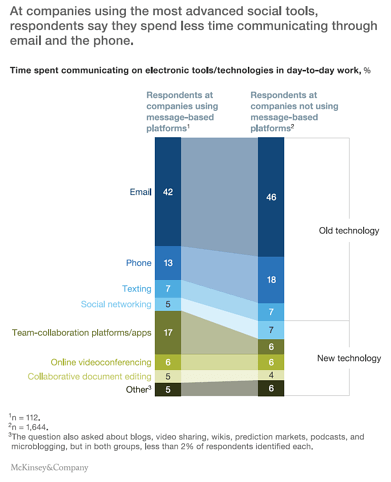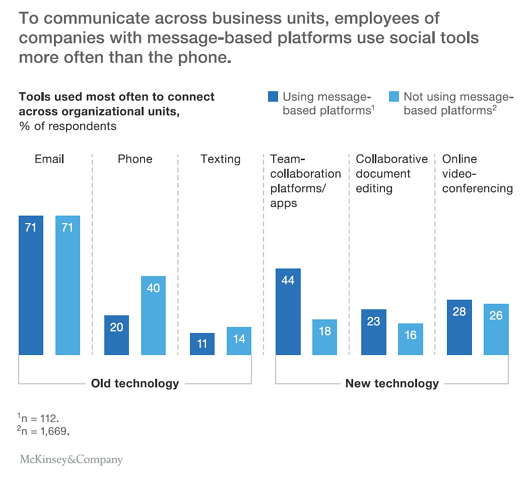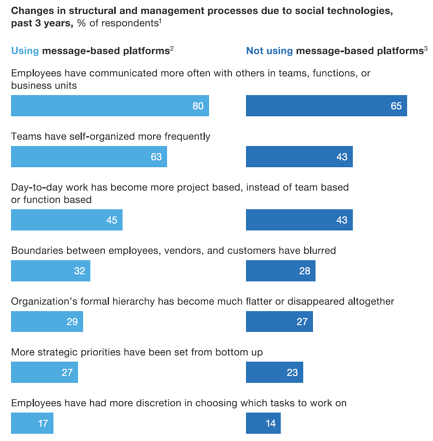Construction collaboration is crucial for the success of any project. The sharing of knowledge and information among project participants is one of the fundamental components of a successful working relationship with the goal of completing the project on time, within budget and in accordance with specifications.
In a paper entitled The Importance of Collaboration in Construction Industry from Contractors’ Perspective by S H A Rahman et al. (2013), six important factors were identified as driving the willingness among head contractors to collaborate:
“(i) collaboration encourages teamwork;
(ii) similar racial collaboration develops cooperation between team members;
(iii) stimulate information sharing;
(iv) improves quality and timely project completion;
(v) enhance service quality; and
(vi) better communication among project members.”
Successful collaboration requires that construction data be shared with a wide range of stakeholders, including owners, head contractors, sub-contractors, suppliers and consultants. Cloud-based computing has changed how companies operate and succeed in the dispersed construction business environment.
This has prompted the wide spread use of smart mobile devices on construction sites, and the increasing popularity of utilizing advanced social technology tools such as messaging and video conferencing for collaboration.
With the large number of cloud-based construction management software solutions, it is important for contractors to select the software package that gives their teams the benefit of improved communication and collaboration internally and with external partners.
Message-based platforms appear to be gaining more popularity among participants over more traditional communication methods such as emails and phones. According to a new McKinsey Global Survey (Advanced social technologies and the future of collaboration, McKinsey & Company 18/07/2017), social technology tools are changing the way people communicate and collaborate in the work place.
Surveyed executives indicate these tools are “more integrated into their organizations’ work than ever before”. Message-based platforms, in particular, are changing the way employees communicate, with more reliance on social methods of communication than on traditional methods such as emails and phones.

Usage of social technology tools appears to be more common at companies that have embraced message-based platforms, with respondents from these companies reporting that social technology tools are “extremely integrated into company work”. These respondents also report less reliance on email and phone, with 62% using traditional communication tools (71% for other respondents) and 38% using social technology tools (29% for all other respondents).

More revealing is that respondents from companies using message-based platforms report that employees communicate in a different way “within their teams and across levels, roles, and the entire organization”.
These respondents less likely than other respondents in using traditional methods such as phones, and nearly twice as likely to communicate through “interactive, real-time tools such as team-collaboration apps and collaborative document editing”.

Responses indicate that improved communication and collaboration are the most valued benefits of using social technologies tools internally and externally with partners, with communication cost reduction being one of the most common advantages.
The two elements that define message-based platforms; real-time interactions and internal collaboration, have been recognized by respondents as the most critical features of the such tools, followed by voice and video conversations. The survey results indicate that these tools increased “employees’ ability to communicate more freely and to self-organize with members of their teams”. Furthermore, the nature of work is changing and it is becoming more project based, rather than team or function based.

Conclusion:
The growing number of cloud-based construction management software solutions presents contractors with the challenge of selecting a software package that maximises the benefits of collaboration for their teams and external partners. The use of smart mobile devices in the field and the trend to utilize message-based platforms are gaining acceptance over more traditional communication methods because of their relative ease of use, real-time interaction and the personal familiarity of users with such tools.






